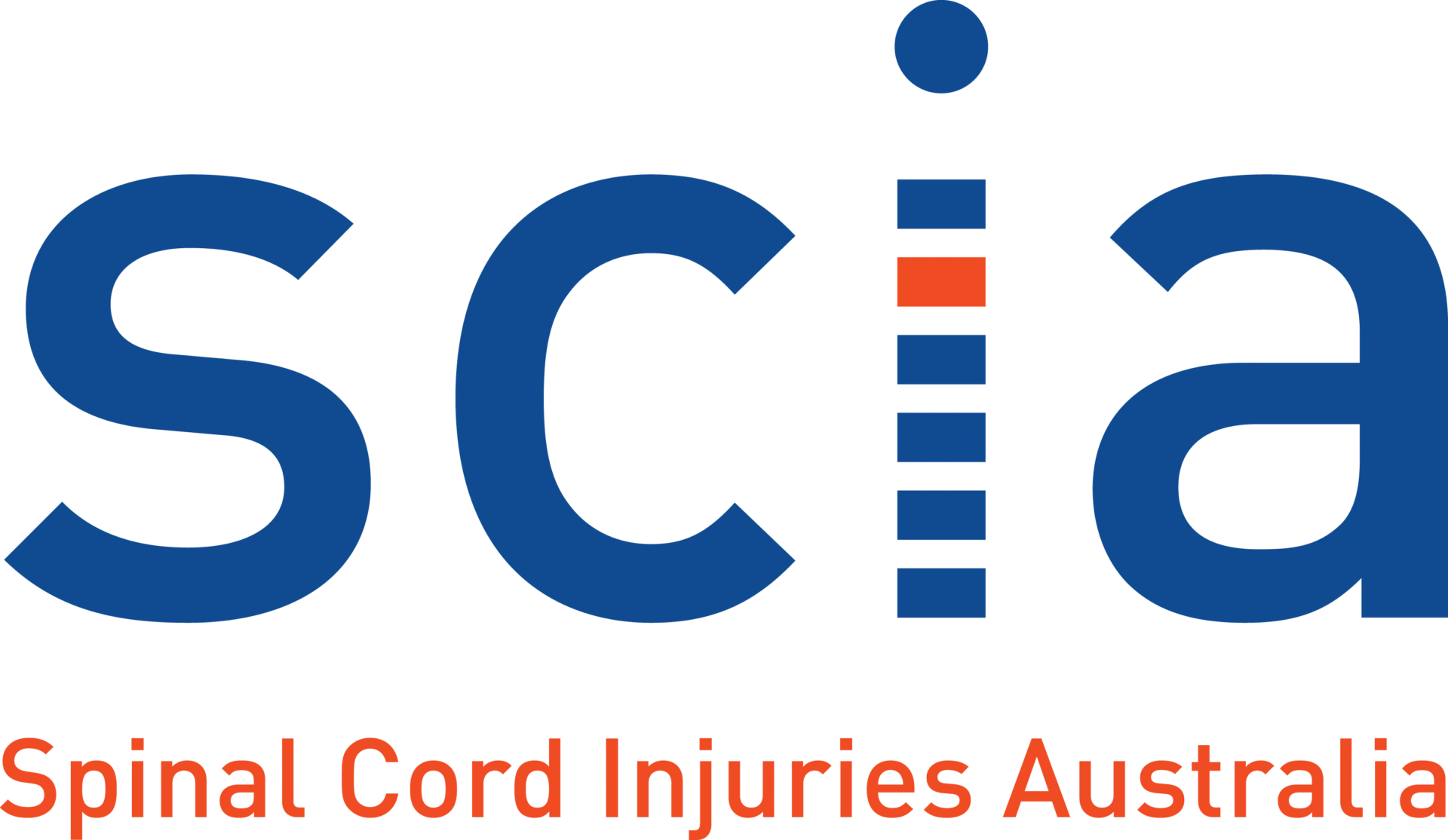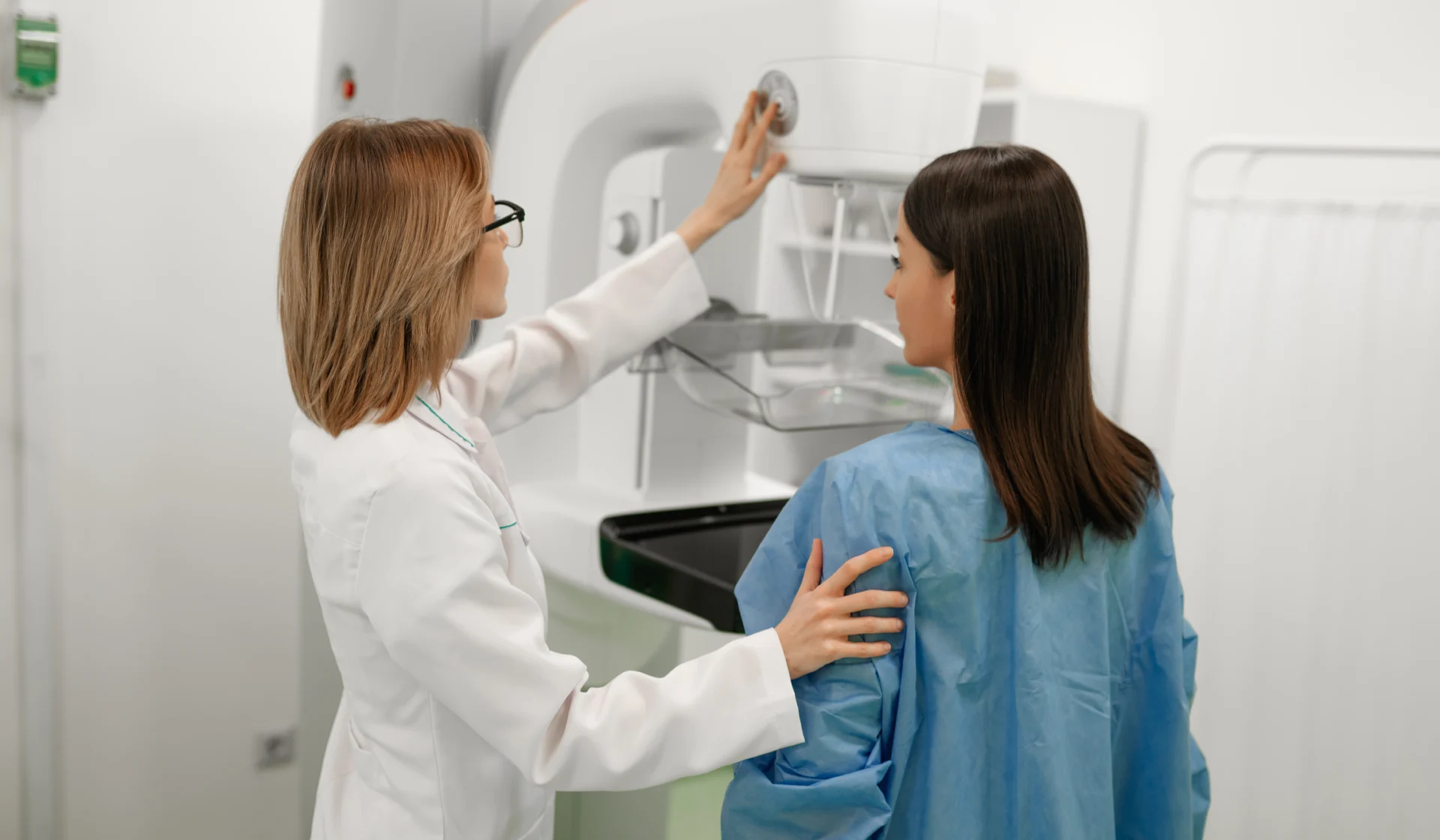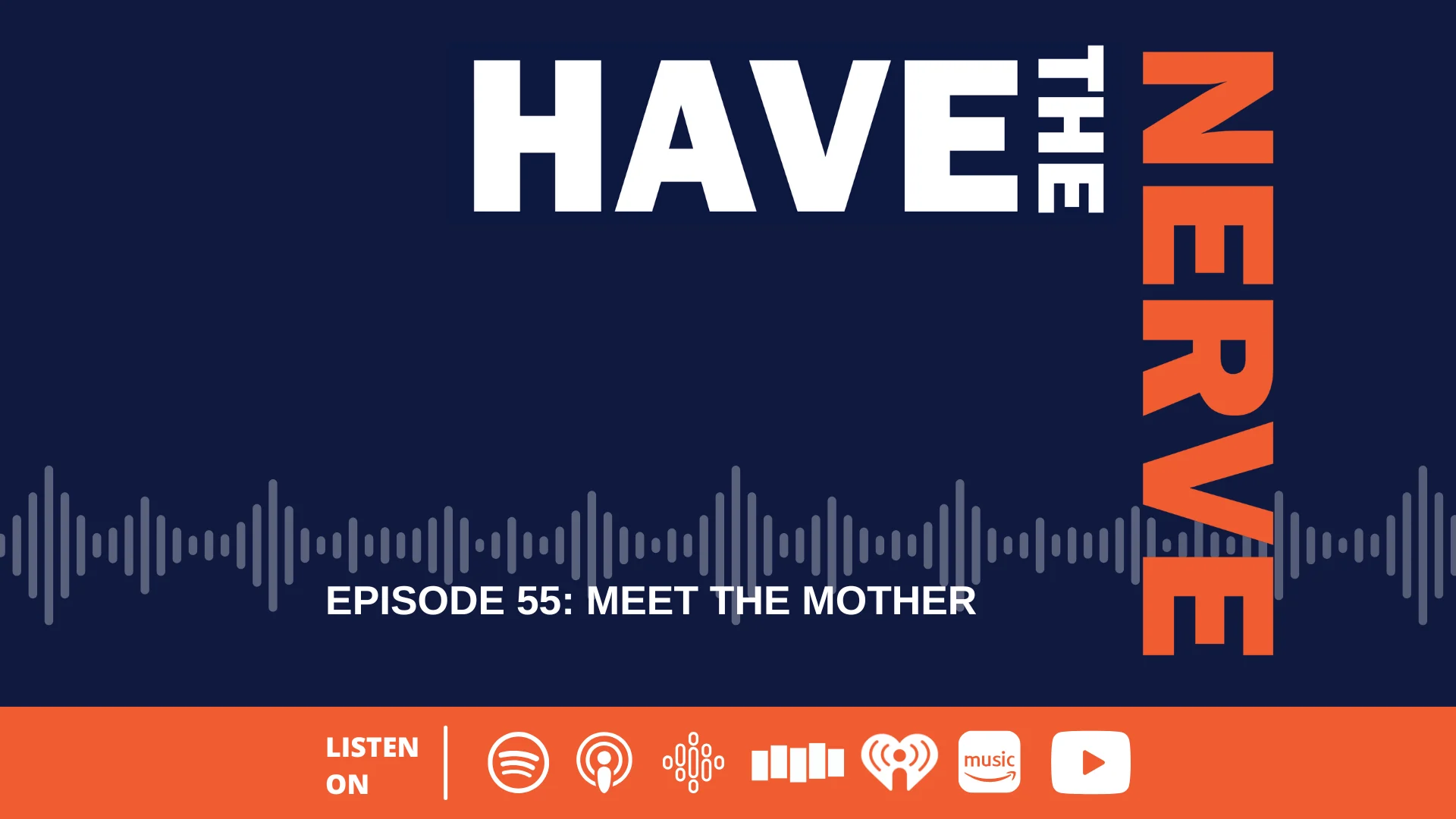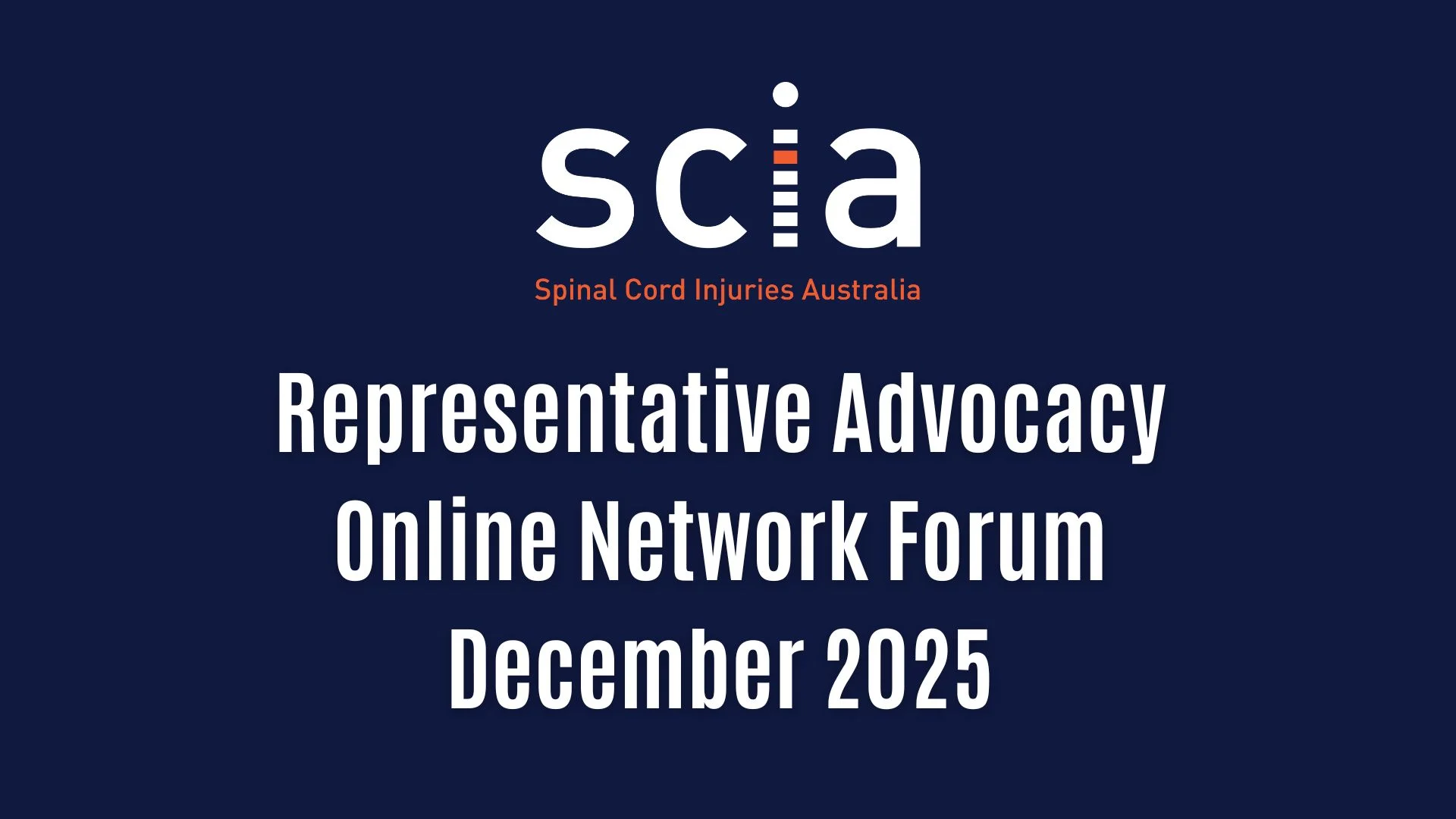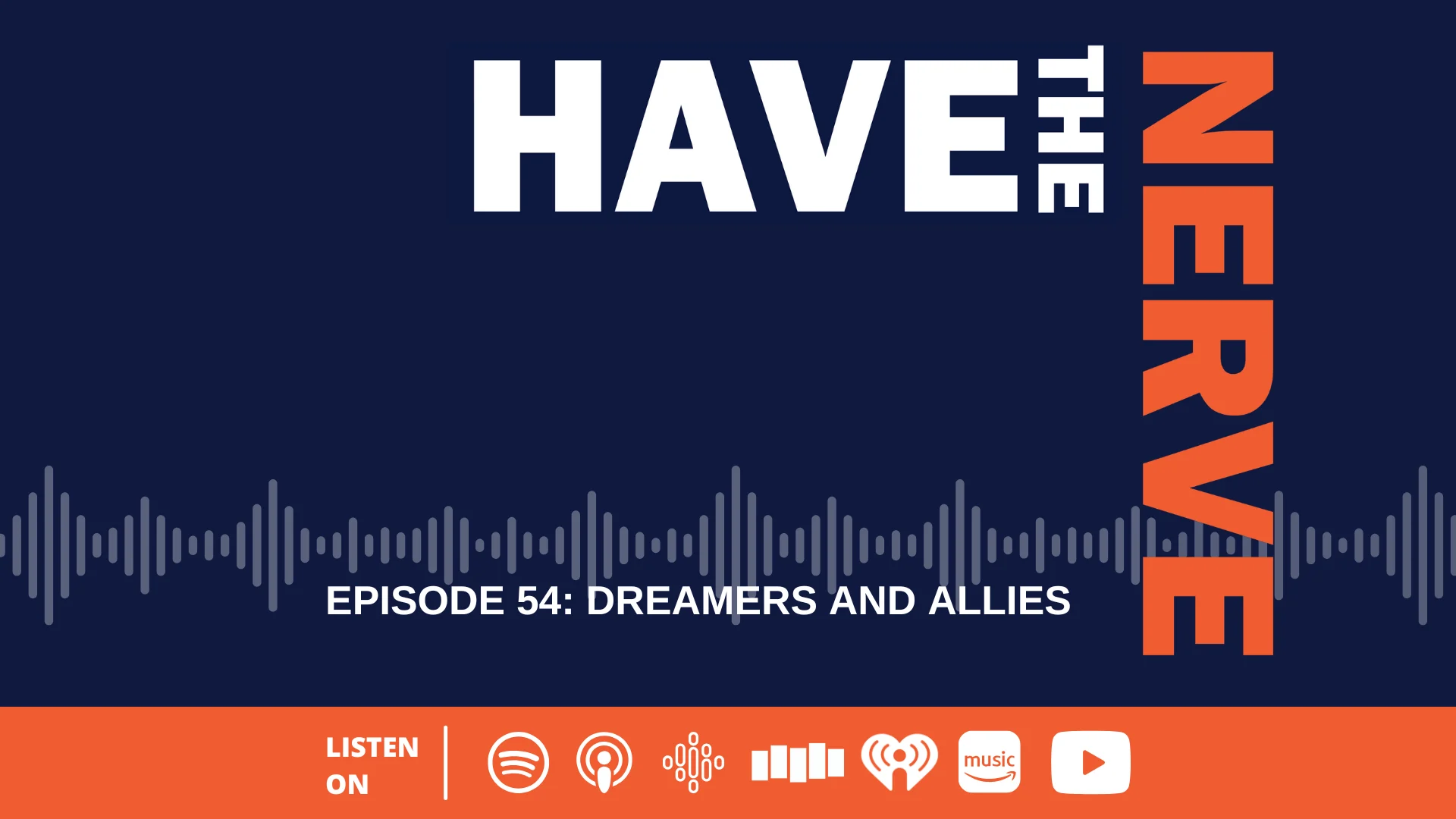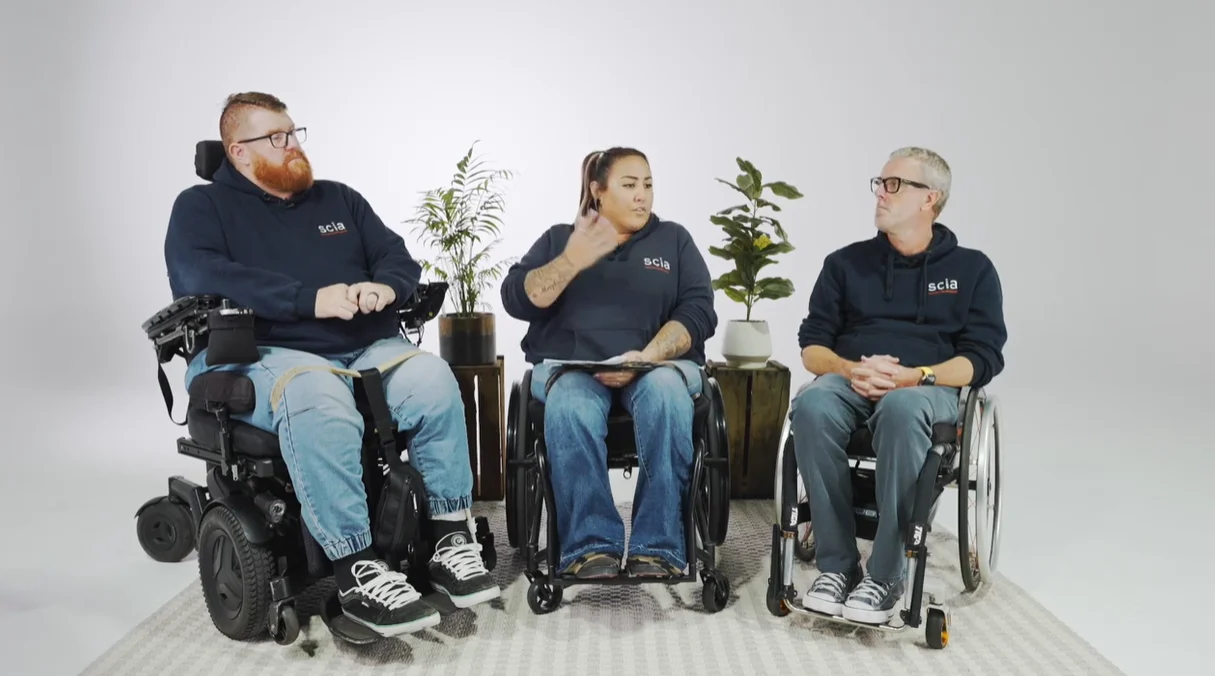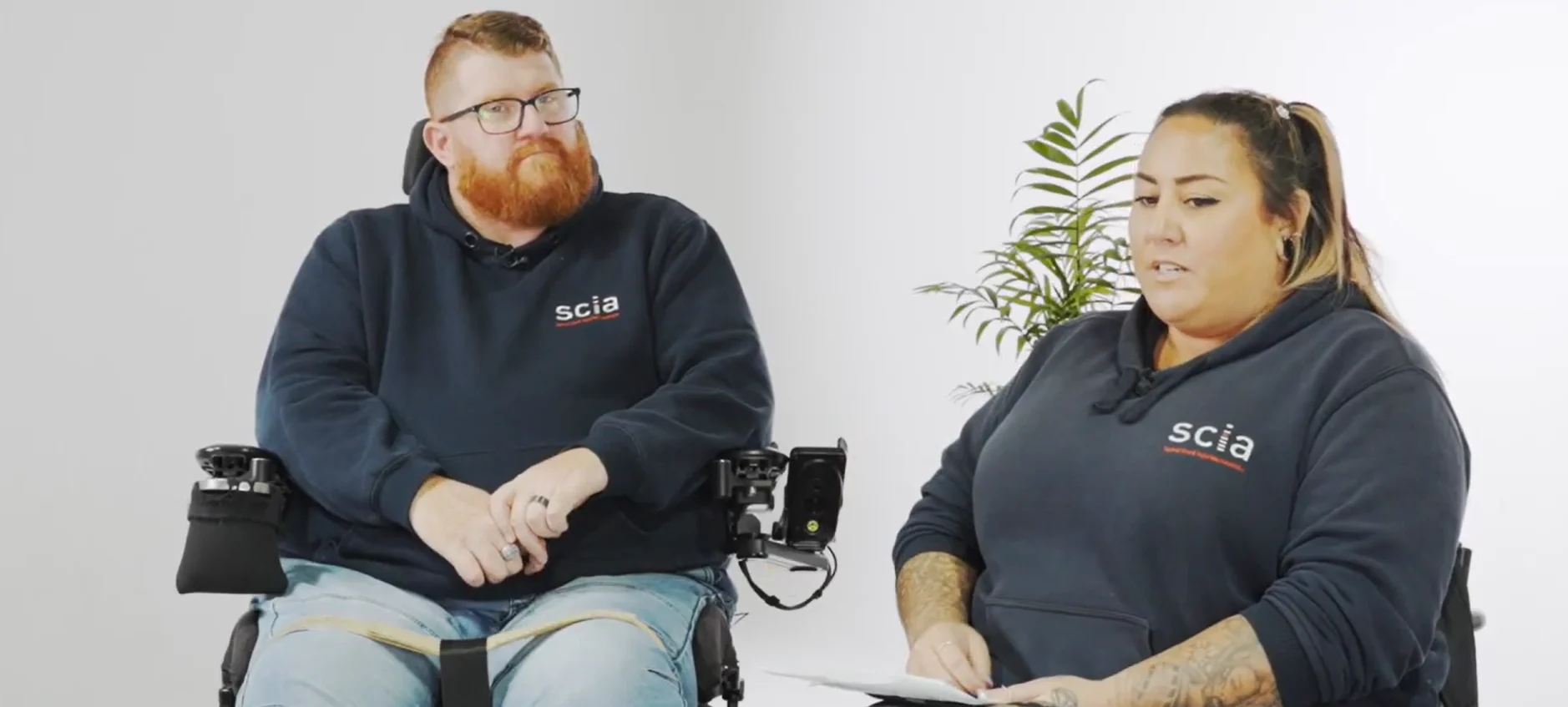The Royal Rehab Sexuality Service in Ryde, New South Wales is a multi-disciplinary team of psychosexual therapists, speech pathologists, occupational therapists, physiotherapists, nurses and social workers.
We spoke to Iain Irving, Senior Occupational Therapist at Royal Rehab’s Sexuality Service and the Brain Injury Community Rehab Team (BICRT) about what the Sexuality Service is all about.
Please note: They do not provide sex worker services. However, if you have a disability, they may be able to connect you with suitable services that can meet your specific needs.
What are the sexuality services provided at Royal Rehab?
The Royal Rehab Sexuality Service is for folk living with a disability that is affecting their sex life, relationships or intimacy. We are open to individuals aged 16 and above who have experienced illness, injury, or disability. We warmly welcome clients from various sexual backgrounds, identities, communities, and lifestyles. We have a multidisciplinary team and offer Psychosexual Therapy, Occupational Therapy, Physiotherapy, Social Work, Clinical Nursing and Speech Pathology. We can provide virtual service Australia-wide or can see clients in-person at our clinic at Royal Rehab in Ryde or at their homes (case by case).
The Sexuality Service can be funded through NDIS, iCare, National Injury Insurance Scheme Queensland (NIISQ), Transport Accident Commission (TAC) and any other compensable schemes.
What is the benefit of assistive technology within the context of sex for not just the person with disability, but intimate partners?
As in other areas of life assistive technology (AT) can be used to retrain or facilitate function. Whether it is for solo or partnered pleasure, AT can be used to enhance enjoyment or assist in addressing limitations.
For example, absent or reduced motor function impacting on positioning or absent or altered sensation impacting on arousal. AT can also be used to enhance and facilitate the exploration of pleasure of a person or intimate partners.
How have your services impacted your clients?
Some clients have been involved in a traumatic event leading to changes in how they went about their life and others may have been born with different abilities. Our input varies depending on the person’s goals. For example, we may support someone in developing dating skills or using resources to find their first partner or intimate experience. Other folk may have been sexually active prior to their injury and trying to figure out what intimacy and their sexual life looks like post a life-changing event.
Some people achieve their goals quickly, whilst others may start the journey and pause it whilst they adjust to the stage they are comfortable with. It has been satisfying to help folk who never thought they would feel like a sexual being or return to intimacy to achieve this and to witness the flow on effects to other areas of their lives positively impacting their quality of life and overall wellbeing.
What are your most popular sexuality services?
Occupational Therapy (OT) of course! No, all disciplines can contribute depending on the needs of the person involved. Often multiple team members may be involved in assisting someone to set and achieve their sexuality goals. For example, OT or physiotherapy may work collaboratively with psychosexual therapy to look at positioning or aids when the timing is right.
Why do you think sex and sexuality is important to think about post injury?
Sex and sexuality are central aspects of being human throughout life, regardless of the person’s ability. Sex and sexuality are important to people pre-injury and that doesn’t necessarily change post injury. Due to injury related changes a person’s sexuality often impacts on their self-identity. Often sexual function is one of the main concerns people have post injury and it is important that the option for them to discuss any concerns is firstly offered and secondly, able to be answered.
What are the types of assistive technologies you suggest for your clients?
Some examples are positioning aids like wedges or more advanced options to address reduced range of motion, strength, coordination, fatigue, pain, etc. We might recommend sex aids (i.e. sex toys) for folk with altered sensation or hand function. Sometimes items like a continence throw can be helpful. It is a matter of using what is available to help achieve the desired result.
Which clients can benefit most from your services?
Anyone whose abilities impact on their sexuality, sex life, relationships and intimacy. We provide personalised support through individual and couples counselling, as well as educational courses in a non-judgemental, confidential and safe environment.
We offer relationship and sexuality counselling and sexuality clinics, with a focus on:
- • Navigating dating and intimacy after experiencing injury, illness, or disability.
- • Learning skills on cyber safety to stay safe while navigating the online dating world.
- • Education on consent and building respectful relationships.
- • Healing from cultural or religious shame or trauma related to sexuality.
- • Understanding and expressing sexual orientation and gender identity.
- • Developing skills and body awareness for better sexual experiences and relationships.
- • Exploring desires, interests, fetishes, and fantasies.
- • Addressing concerns about sexually transmitted infections and learning about safer sex practices.
- • Overcoming performance anxiety in sexual situations.
- And much more!
What should someone expect at their first meeting?
Introduction to our services and reassurance that it is okay to discuss topics around sexuality and intimacy. With their consent we would explore what their issues and goals are and how we might support them to achieve these goals.
What do you want people to know about your sexuality services?
The team are non-judgemental, welcoming of diversity and are skilled in providing support in sexuality and intimacy. The areas to be covered are only addressed with the person’s consent. If this has triggered your interest have a look at our website.
